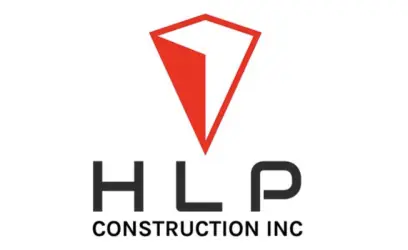Exploring How Quality Materials Affect Noise Reduction
Good soundproofing can make a big difference in your home or office. It helps keep outside noises out and inside sounds in. One of the best ways to improve soundproofing is through proper drywall use. When chosen correctly, drywall can block out unwanted noise effectively. This article will explore how using the right drywall impacts soundproofing, discuss common challenges, and offer solutions for optimal results.
The Importance of Choosing the Right Drywall
Choosing the right drywall is crucial for effective soundproofing. Different types of drywall have various levels of density and thickness. These elements play a key role in blocking sound waves. High-density and thicker drywalls are better at stopping noise from passing through walls. Selecting the appropriate type for your specific needs ensures you get the best acoustic performance.
How Drywall Installation Affects Soundproofing
Drywall installation significantly influences how well it performs acoustically. If not installed properly, even the best drywall may fail to reduce noise efficiently. Gaps, cracks, or improper sealing during installation allow sound to pass through easily. Ensuring that drywall is fitted tightly with no openings improves its ability to block sound.
Challenges in Achieving Effective Soundproofing
Many factors can hinder effective soundproofing with drywall. Inadequate planning during drywall installation can be a major setback. For instance, failing to account for electrical outlets or plumbing can create weak points where sound escapes. Additionally, thin or low-quality drywall fails to stop noise effectively, leading to unsatisfactory results.
Solutions for Better Soundproofing With Drywall
To overcome these challenges, consider these solutions:
- Select high-density drywall designed for acoustic purposes.
- Ensure precise drywall installation by filling all gaps and sealing edges.
- Use additional layers for improved insulation against noise.
- Complement drywall with other soundproofing materials like acoustic foam panels.
Best Practices for Enhancing Soundproofing
Follow these expert tips to maximize your drywall’s soundproofing capabilities:
- Consult professionals to determine the best type of drywall for your needs.
- Incorporate resilient channels between drywall sheets to disrupt sound paths.
- Avoid unnecessary holes or openings that might compromise sound isolation.
- Regularly check for any wear or damage that could affect performance.
Understanding Industry Standards
The industry has set standards to ensure quality in drywall products and installations. It’s important to adhere to these standards to achieve effective soundproofing. Look for products meeting ASTM standards for gypsum boards. These guidelines cover everything from fire resistance to durability, ensuring a reliable product for your project.
Cost Considerations and Value Propositions
While investing in high-quality drywall might seem costly upfront, it offers significant long-term benefits. Effective soundproofing enhances comfort and privacy, which adds value to your property. Consider the return on investment when evaluating costs against benefits like increased satisfaction and potential energy savings due to better insulation.
Your Next Steps Towards Improved Acoustics
HLP Construction is here to help you make your space quieter and more comfortable. Our team serves clients throughout Lake Worth Beach, FL, offering expert advice and services tailored to your needs. Call us today at (561) 900-6710 to learn more about our offerings and how we can assist you in achieving superior soundproofing solutions using the right drywall options.
